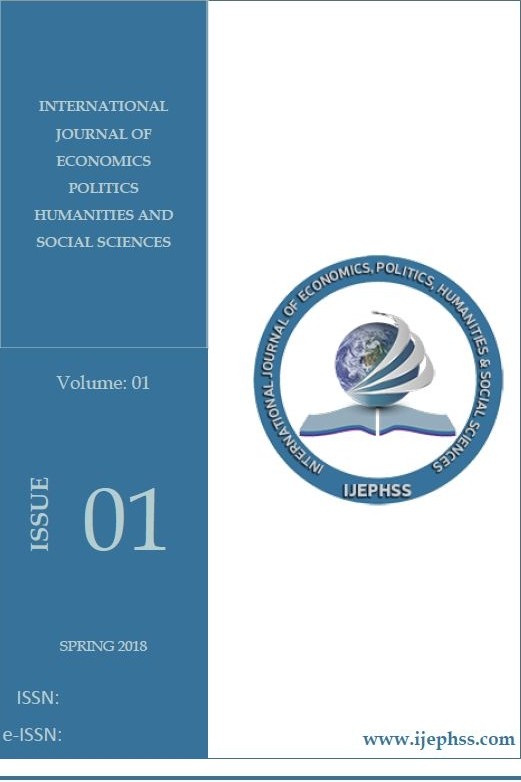Hindutva as an Informal Institution
In this article, Hindu nationalism has been considered as an informal institution through an institutionalist perspective. The purpose of the article is to identify how Hindutva functions as an informal institution. In this context, Hindutva has been evaluated based on three basic features of an institution: setting rules, shaping behavior and effecting the result. The rule-making feature has been studied through the ideas of ideologists such as Savarkar and Golwalkar with reference to the Hindu social order. Subsequently, it has been argued that these socio-political rules have been accepted by the huge social segments in the country and influenced the behaviors of the social base. Finally, it has been emphasized how Hindutva has influenced the result and brought the Hindu nationalists to power. Accordingly, it will be concluded how Hindutva has become the mainstream of politics in the country. However, with reference to the recent Citizenship Law protests in the country, it has been noted how other informal institutions, particularly secularism, threaten the future of Hindutva.
Hindutva as an Informal Institution
In this article, Hindu nationalism has been considered as an informal institution through an institutionalist perspective. The purpose of the article is to identify how Hindutva functions as an informal institution. In this context, Hindutva has been evaluated based on three basic features of an institution: setting rules, shaping behavior and effecting the result. The rule-making feature has been studied through the ideas of ideologists such as Savarkar and Golwalkar with reference to the Hindu social order. Subsequently, it has been argued that these socio-political rules have been accepted by the huge social segments in the country and influenced the behaviors of the social base. Finally, it has been emphasized how Hindutva has influenced the result and brought the Hindu nationalists to power. Accordingly, it will be concluded how Hindutva has become the mainstream of politics in the country. However, with reference to the recent Citizenship Law protests in the country, it has been noted how other informal institutions, particularly secularism, threaten the future of Hindutva.
___
- Prof. Dr. Birol AKGÜN
- Prof. Dr. Ahmet UYSAL
